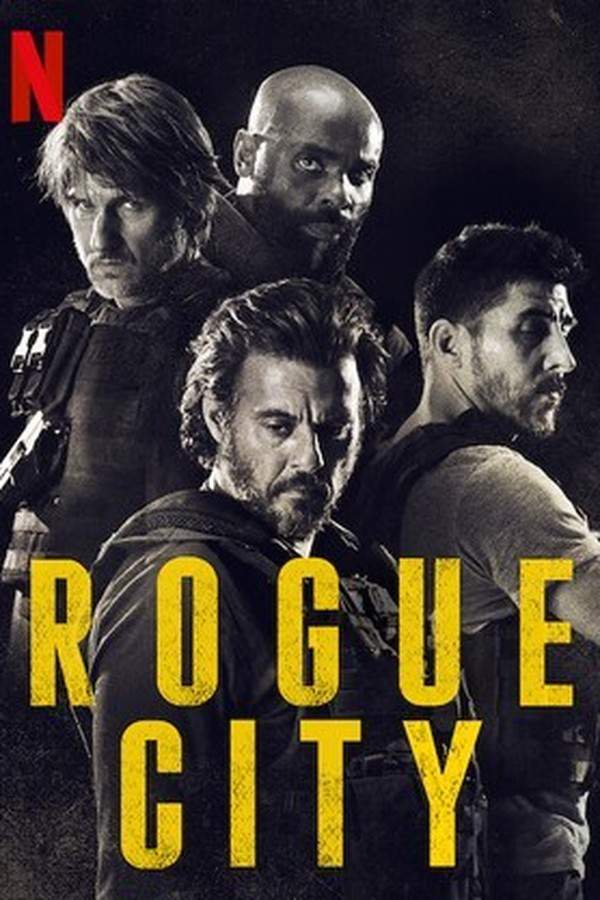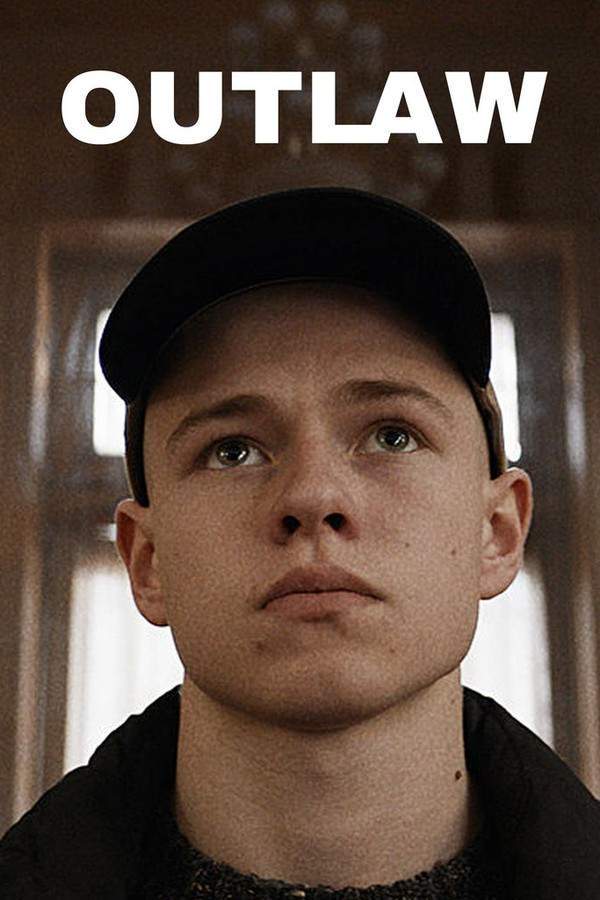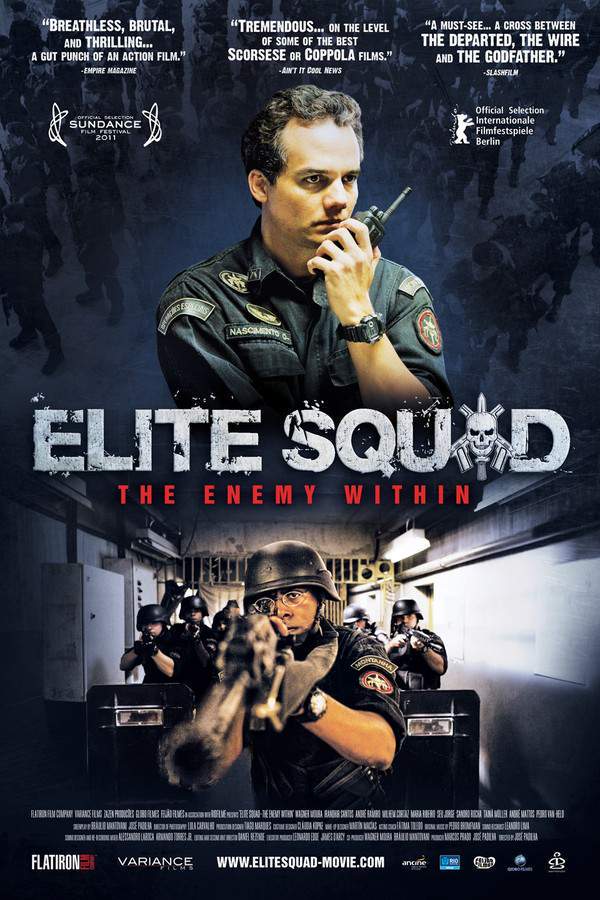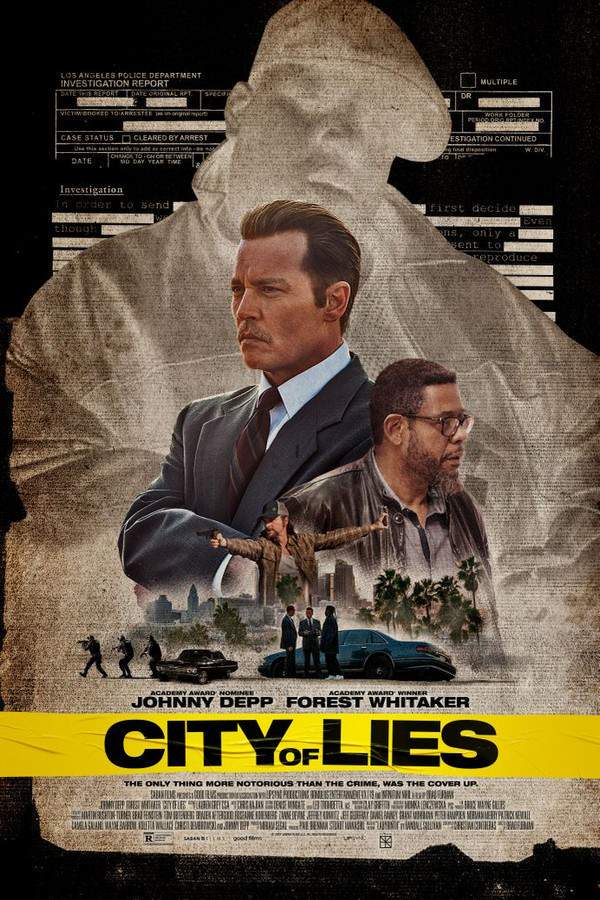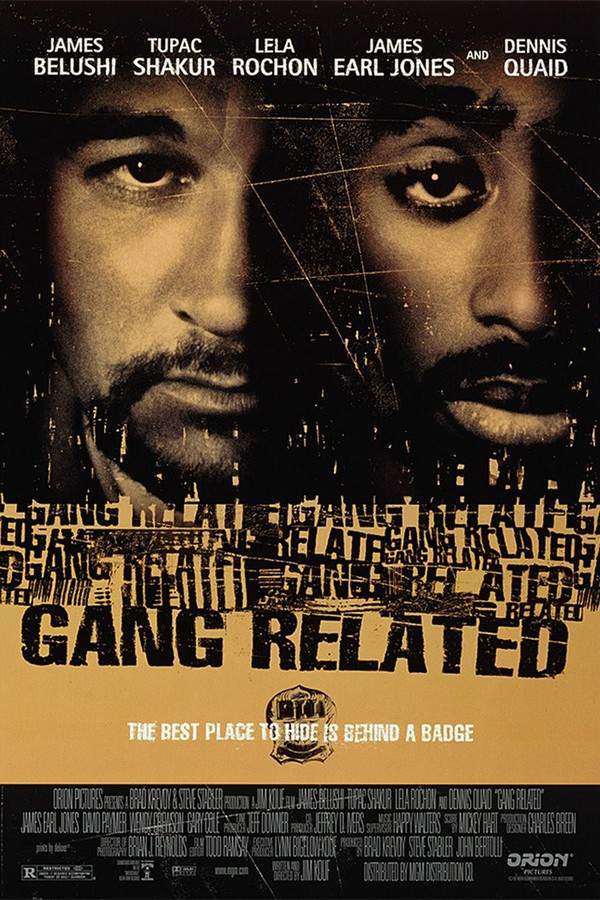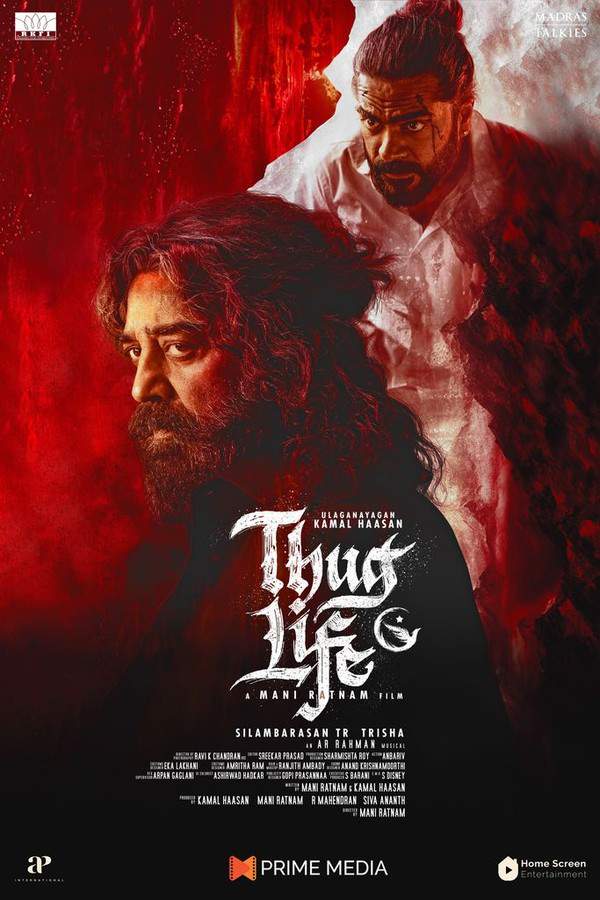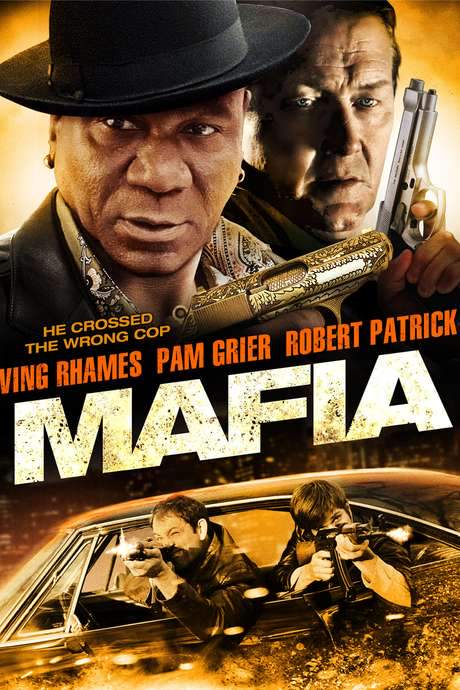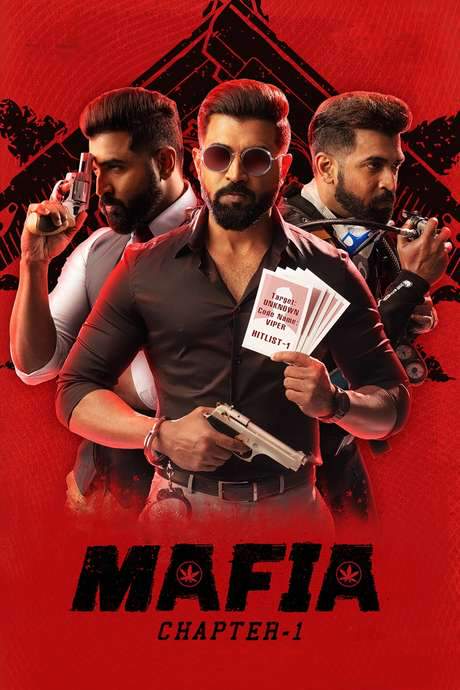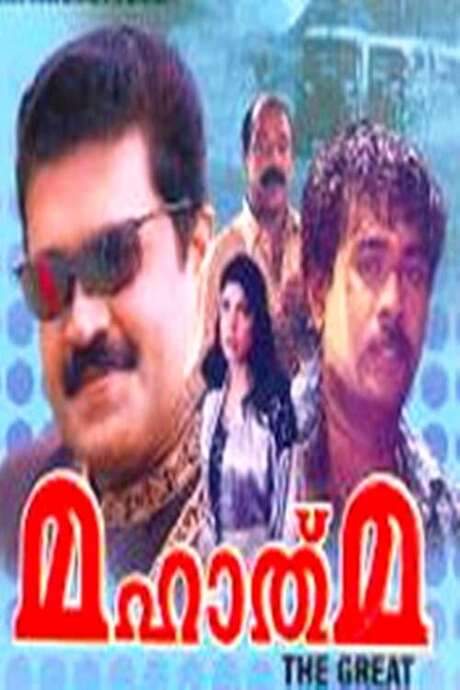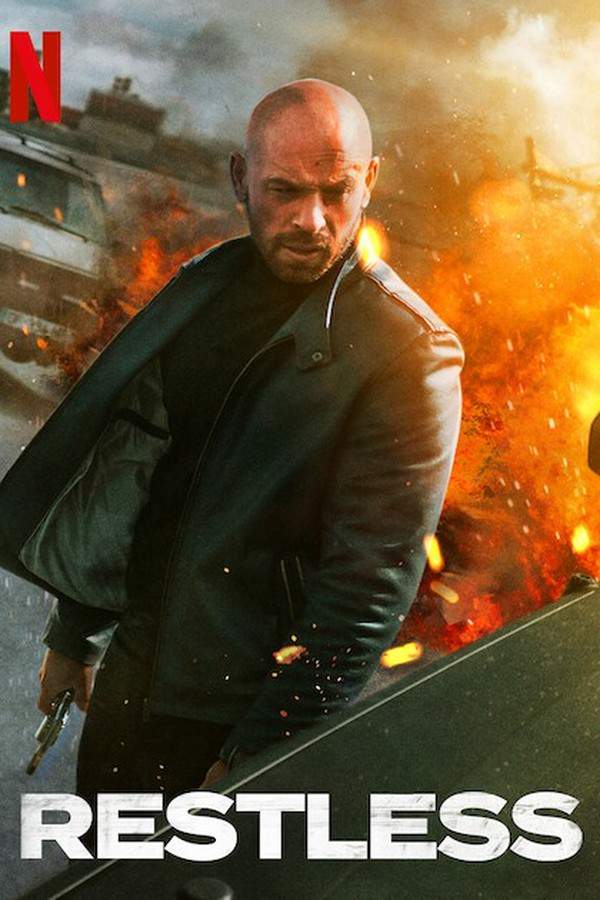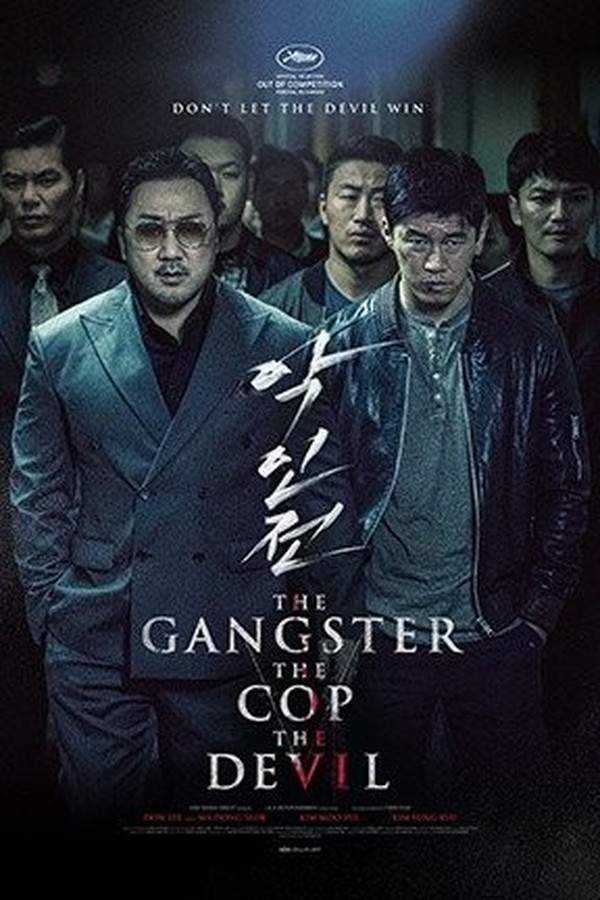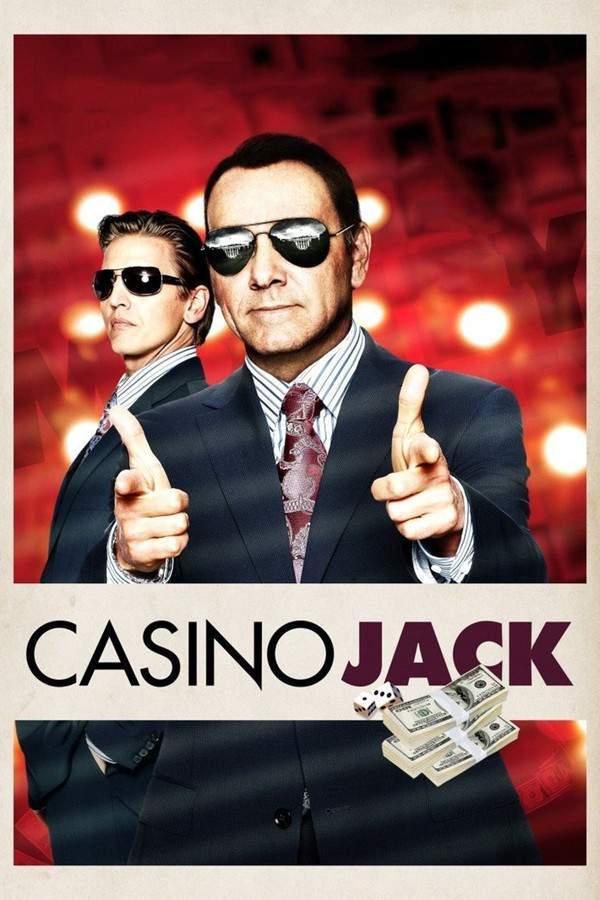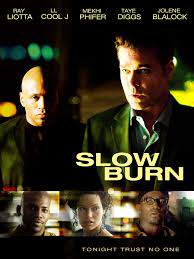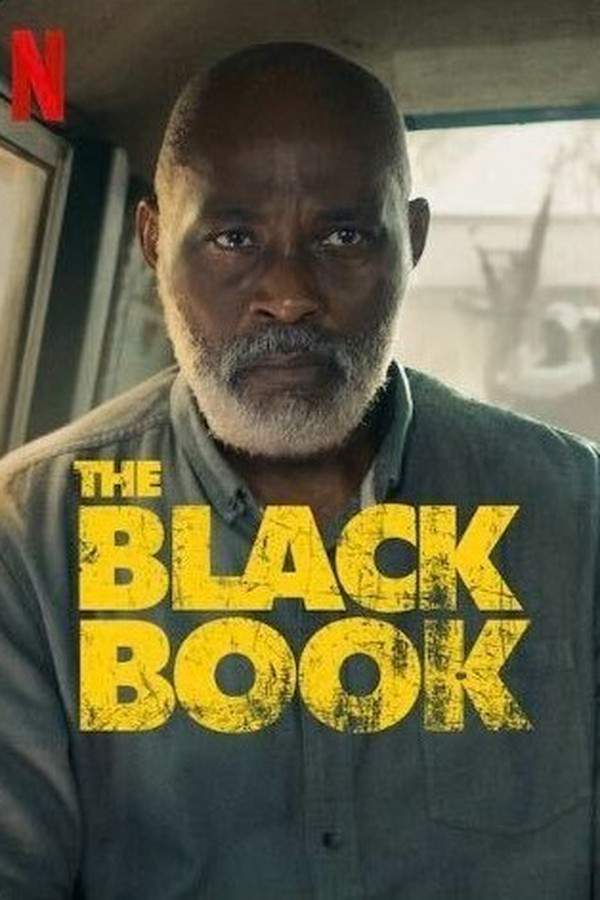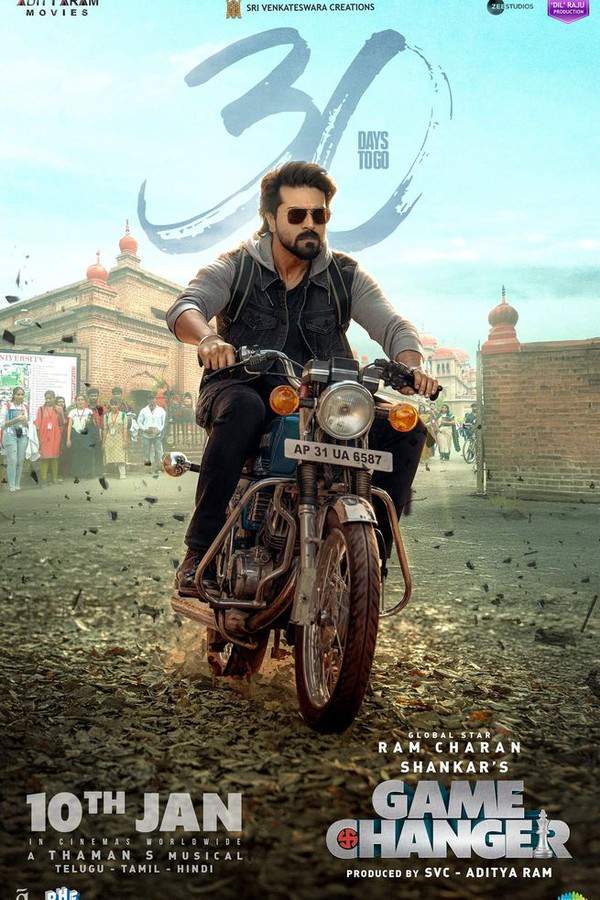
Mahatma
Year: 2009
Runtime: 145 mins
Language: Telugu
Director: Pasupuleti Krishna Vamsi
An uninhibited goon decides to become a member of the Indian Legislative Assembly.
Warning: spoilers below!
Haven’t seen Mahatma yet? This summary contains major spoilers. Bookmark the page, watch the movie, and come back for the full breakdown. If you're ready, scroll on and relive the story!
Mahatma (2009) – Full Plot Summary & Ending Explained
Read the complete plot breakdown of Mahatma (2009), including all key story events, major twists, and the ending explained in detail. Discover what really happened—and what it all means.
Devadevan, a hardened underworld figure, steps into the glare of the Justice Varma Commission to reveal what he claims is solid evidence tying a number of top politicians and gangsters to the serial blasts and the communal riots that followed. As his assertions ripple through the court, his rivals grow increasingly restless. Just as he reaches the courtroom premises, an assassins’ shot leaves him fatally wounded, and he slips into ICU, where his memories begin to travel back to the beginnings of his violent rise.
In the past, Devan and his loyal ally Mustafa are suspects on trial, but Khan Sahib—a smuggler acting on behalf of the Dubai-based crime boss David Abraham—secures their bail and safe refuge at his home. There, Devan’s path crosses with Nancy, the daughter of Khan’s second wife in her first marriage and an aspiring film actress. Nancy quickly falls for Devan, drawn by a magnetic blend of danger and charisma. Under Khan’s shelter, Devan and Mustafa carry out a string of smuggling operations, steadily climbing the criminal ladder. When Khan’s treachery comes to light, David Abraham wipes Khan out and appoints Devan as his representative in India, ushering him into a higher echelon of power.
Devan and Mustafa emerge as dominant forces in the country’s underworld. A pivotal journey to Kerala introduces Hari, Devan’s childhood friend who is staging a fast in protest against temple priest appointments for Scheduled Castes, in line with the Kerala government’s reservation policy. Devan pledges his support to Hari, a youth from a once-feudal Namboothiri Brahmin family who is financially struggling. Hari’s rise is swift, and he becomes Devan’s right-hand man, even abandoning his Yajnopaveetham at Devan’s urging. Yet this alliance faces a deadly test as James Kutty, a drug smuggler, and Reddiar plot to destroy Devan’s empire, launching a campaign of violence and manipulation.
The threat deepens when Reddiar and James forge an alliance with David Abraham, who is slowly losing turf to Devan. They supply explosives and manpower to stage a devastating blast accompanied by a communal riot, a plan designed to divert attention from a wave of corruption allegations plaguing David’s men, including Baba Rahim. Amid these power plays, Mustafa falls for Saraswati, Hari’s younger sister, whose disapproval of Mustafa’s Muslim background strains the bond. Hari learns that Mustafa is backed by Devan and, in response, parts ways with Devan.
Hari’s ambition and his ties to James lead him to help transport explosives into the city. The orchestrated serial blasts cripple Devan, who feels betrayed as David Abraham’s name surfaces in the investigations. Mustafa is killed by James, and Devan ultimately brings down his enemies by eliminating David Abraham and James. The end of this explosive era brings Devan back to the courtroom, where the Justice Varma Commission becomes a backdrop to his final confrontation—and Hari, true to his calculated nature, shoots him point-blank.
Back in the present, after being discharged from ICU and moved to a ward, Devan confronts a duplicity in Varma’s approach as the judge manipulates events and appears to assist in extracting the bullets from Devan’s pistol. Moments after Varma’s exit, Hari storms the ward and attempts another shot, but Devan narrowly evades. A tense pursuit leads to a car ride that is suddenly sabotaged by Koshy, Devan’s attorney and a cabbie who locks the car from outside. Inside lies a planted bomb, and with a decisive remote, Devan detonates the car, ending Hari’s cold bid for control.
In the wake of the chaos, the narrative threads of loyalty, betrayal, and vengeance converge into a stark, unresolved truth: power corrupts, and the cycles of violence circle back to the men who orchestrate them. The film leaves viewers with a lingering reflection on how justice and retribution intersect in a world where crimes and conspiracies are never far apart, and where a single act of retaliation can seal a fate as fragile as it is ruthless.
Last Updated: October 09, 2025 at 11:15
Explore Movie Threads
Discover curated groups of movies connected by mood, themes, and story style. Browse collections built around emotion, atmosphere, and narrative focus to easily find films that match what you feel like watching right now.
Crime epics about rise and fall like in Mahatma
Stories of ambitious ascent to power and the violent, tragic downfall that follows.If you liked the violent ascent and tragic downfall in Mahatma, explore more movies about ruthless ambition and criminal empires collapsing under their own weight. These films share a complex narrative structure, high emotional weight, and a focus on the destructive nature of power, featuring similar gangster stories and underworld sagas.
Narrative Summary
These narratives typically follow a chronological or nonlinear arc detailing a character's ambitious rise from obscurity to a position of immense criminal power, followed by a precipitous fall driven by internal flaws, external enemies, and the inherent instability of their violent world.
Why These Movies?
Movies are grouped here for their shared focus on the archetypal rise-and-fall arc within organized crime, their complex plotting, high intensity, and dark tone that explores the moral decay and ultimate cost of pursuing absolute power.
Gritty political crime thrillers similar to Mahatma
Where the corrupt corridors of power intersect with the brutal criminal underworld.For viewers who enjoyed the fusion of political ambition and underworld violence in Mahatma, this section features movies where crime syndicates infiltrate government, leading to high-stakes conspiracies and betrayals. Discover similar stories about power struggles, corruption, and the bleak reality where crime and politics are one.
Narrative Summary
The narrative pattern involves a protagonist navigating a landscape where legitimate political institutions are controlled by or in league with criminal organizations. The conflict is driven by conspiracies, betrayals for power, and the violent enforcement of control over both the streets and the state.
Why These Movies?
These films are grouped by their shared setting and theme: the seamless blending of political intrigue and organized crime. They share a dark, cynical tone, fast pacing due to constant power shifts, and a heavy emotional weight derived from systemic corruption.
Unlock the Full Story of Mahatma
Don't stop at just watching — explore Mahatma in full detail. From the complete plot summary and scene-by-scene timeline to character breakdowns, thematic analysis, and a deep dive into the ending — every page helps you truly understand what Mahatma is all about. Plus, discover what's next after the movie.
Mahatma Timeline
Track the full timeline of Mahatma with every major event arranged chronologically. Perfect for decoding non-linear storytelling, flashbacks, or parallel narratives with a clear scene-by-scene breakdown.

Characters, Settings & Themes in Mahatma
Discover the characters, locations, and core themes that shape Mahatma. Get insights into symbolic elements, setting significance, and deeper narrative meaning — ideal for thematic analysis and movie breakdowns.

Mahatma Spoiler-Free Summary
Get a quick, spoiler-free overview of Mahatma that covers the main plot points and key details without revealing any major twists or spoilers. Perfect for those who want to know what to expect before diving in.

More About Mahatma
Visit What's After the Movie to explore more about Mahatma: box office results, cast and crew info, production details, post-credit scenes, and external links — all in one place for movie fans and researchers.


